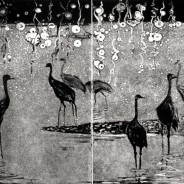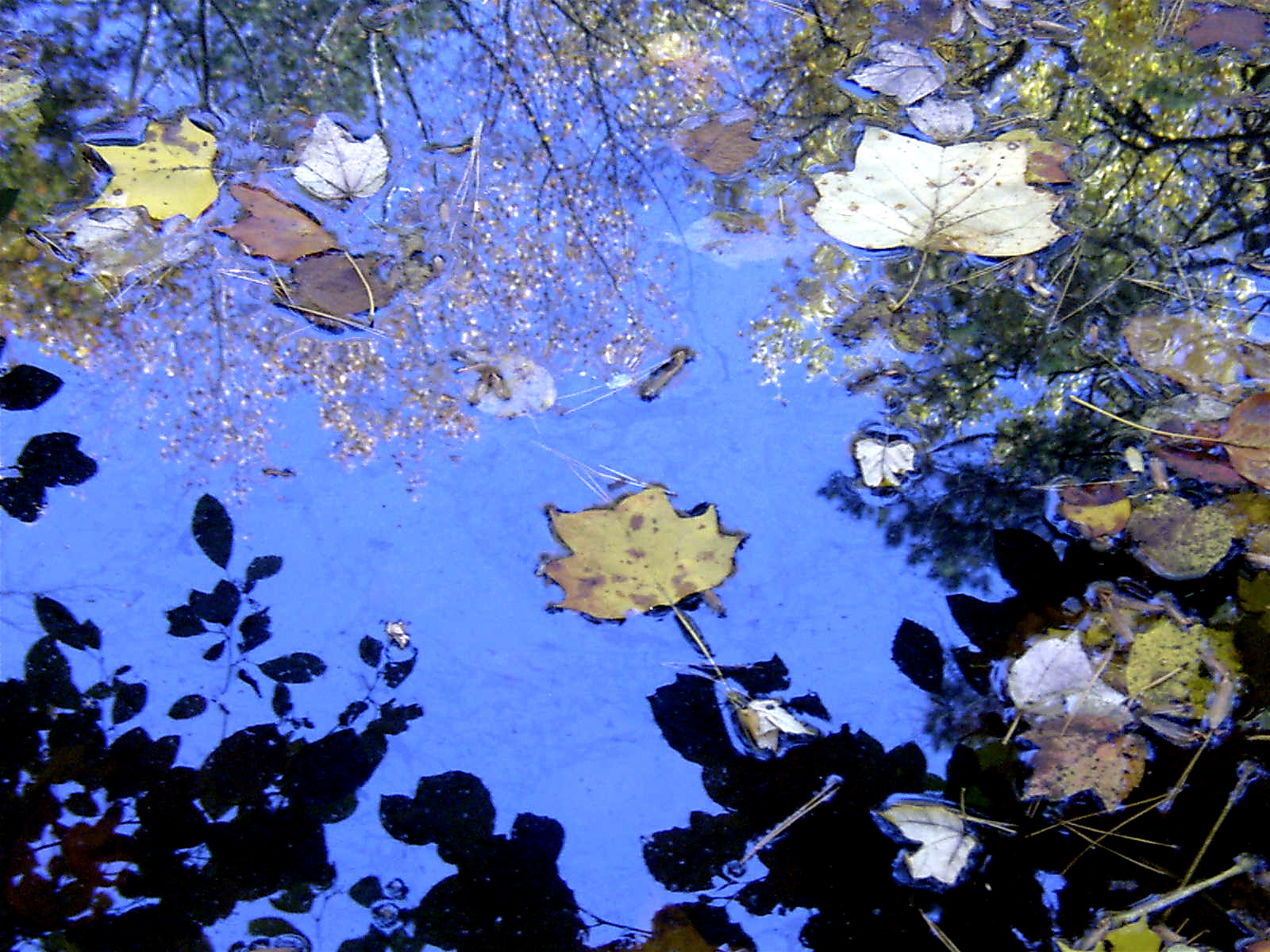Shine by Joni Mitchell
This song is one that can often restore me to sanity when I stray from it. It reminds me—that no matter what is going on—rising oceans—empty nets—tunnel vision—there’s a sane response—to all of it. Oh yes, right, that too, I can shine my attention on that—shine light on that. It puts me in mind of the fabric in Naomi Shihab Nye’s poem, Kindness—the way we can begin, sometimes, to get a feel for the size of the cloth—how enormous it is—how warped and flawed and various and beautiful. Oh let your little light shine Let your little light shine Shine on Wall Street and Vegas Place your bets Shine on the fishermen With nothing in their nets Shine on rising oceans and evaporating seas Shine on our Frankenstein technologies Shine on science With its tunnel vision Shine on fertile farmland Buried under subdivisions And if we shine—like white blossoms falling against a gray sky—then there may be beings who watch us—herons? angels?—beings who, one way or another, might shine back? Let your little light shine Let your little light shine Shine on the dazzling darkness That restores us in deep sleep Shine on what we throw away And what we keep Full text of Shine lyrics can be found here at Joni Mitchell’s site A piece on Naomi Shihab Nye’s poem, Kindness Painting is 40 Below 0 by Joni Mitchell from her website. I love the way she describes it: “This is a town on the bleakest strip of road. Anybody locally will tell you, (voice characterization) ‘ from Prince Albert to North Battleford, eh? ‘You know, but — and this was 40 below, and I’m telling you, it was the most — I was enchanted with the colors of the blues, of the lilacs, and the shiny snow and the loose, drifty snow that I’ve never seen the local painters back home paint.”...
read more




